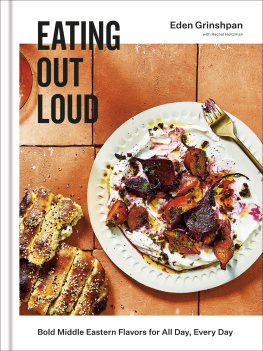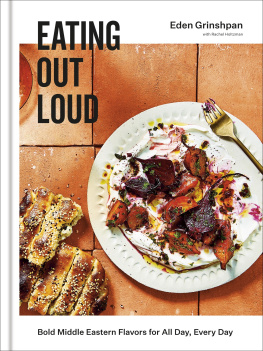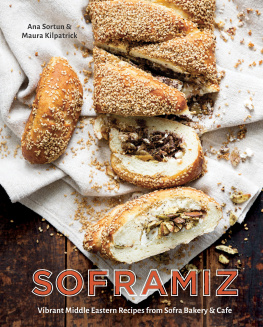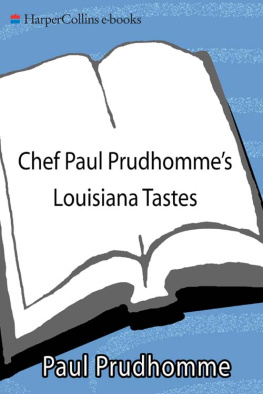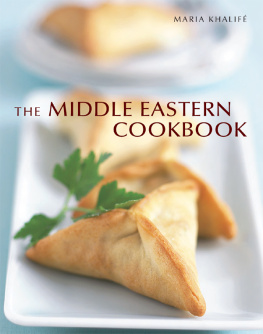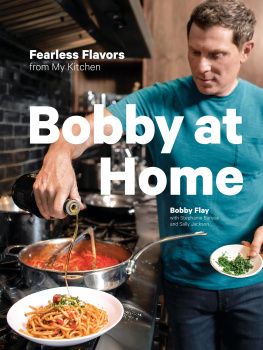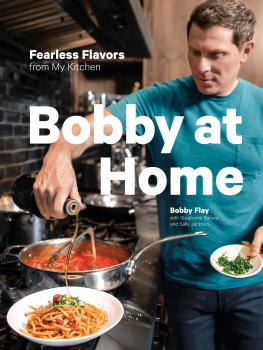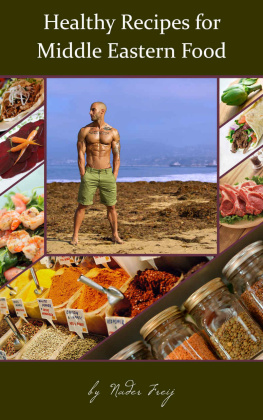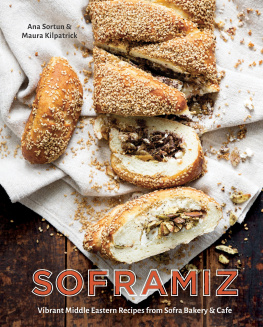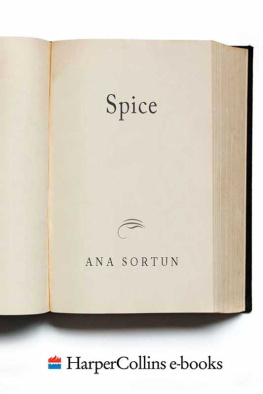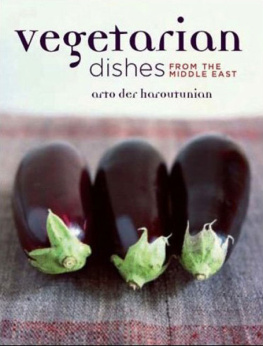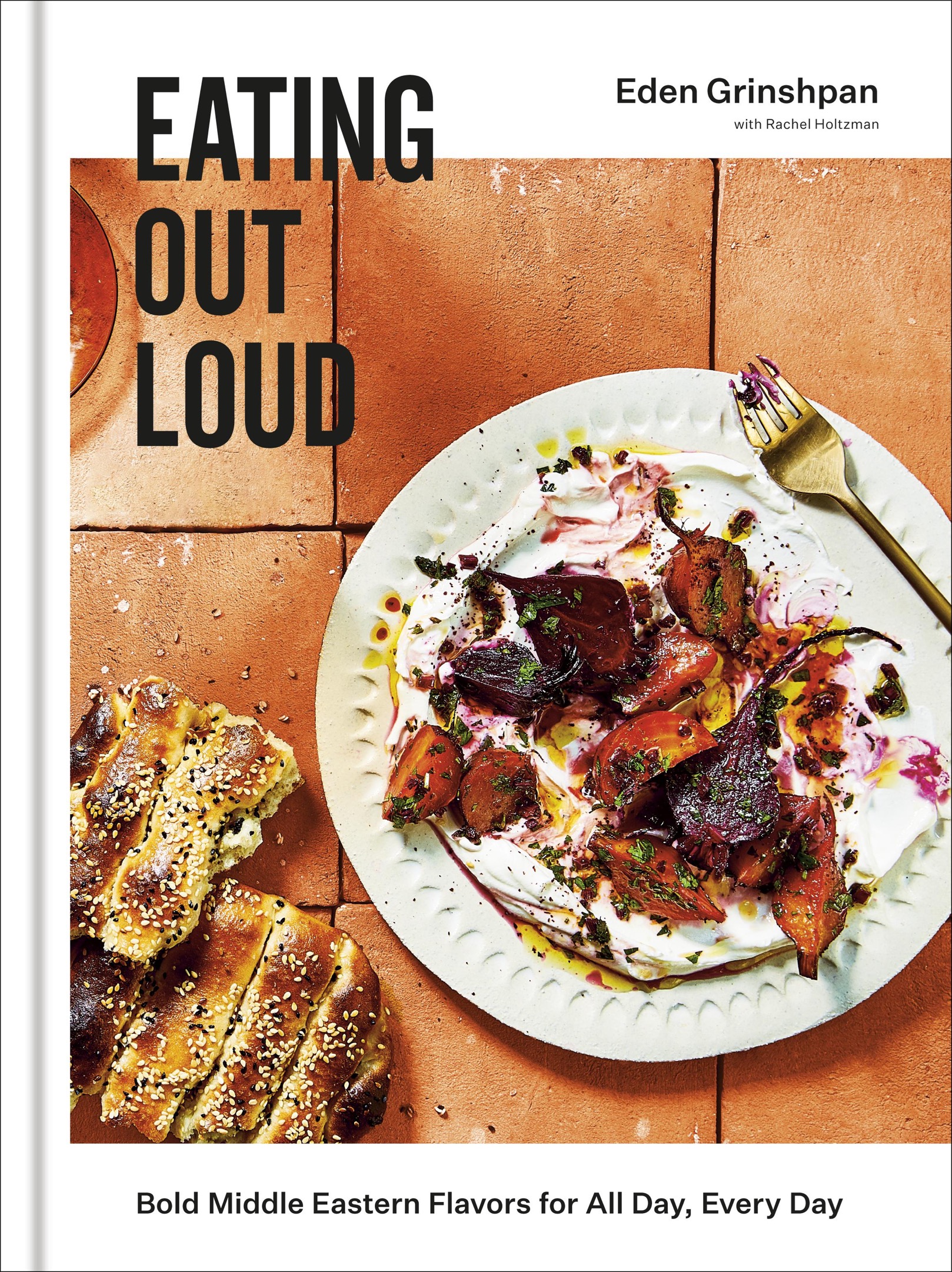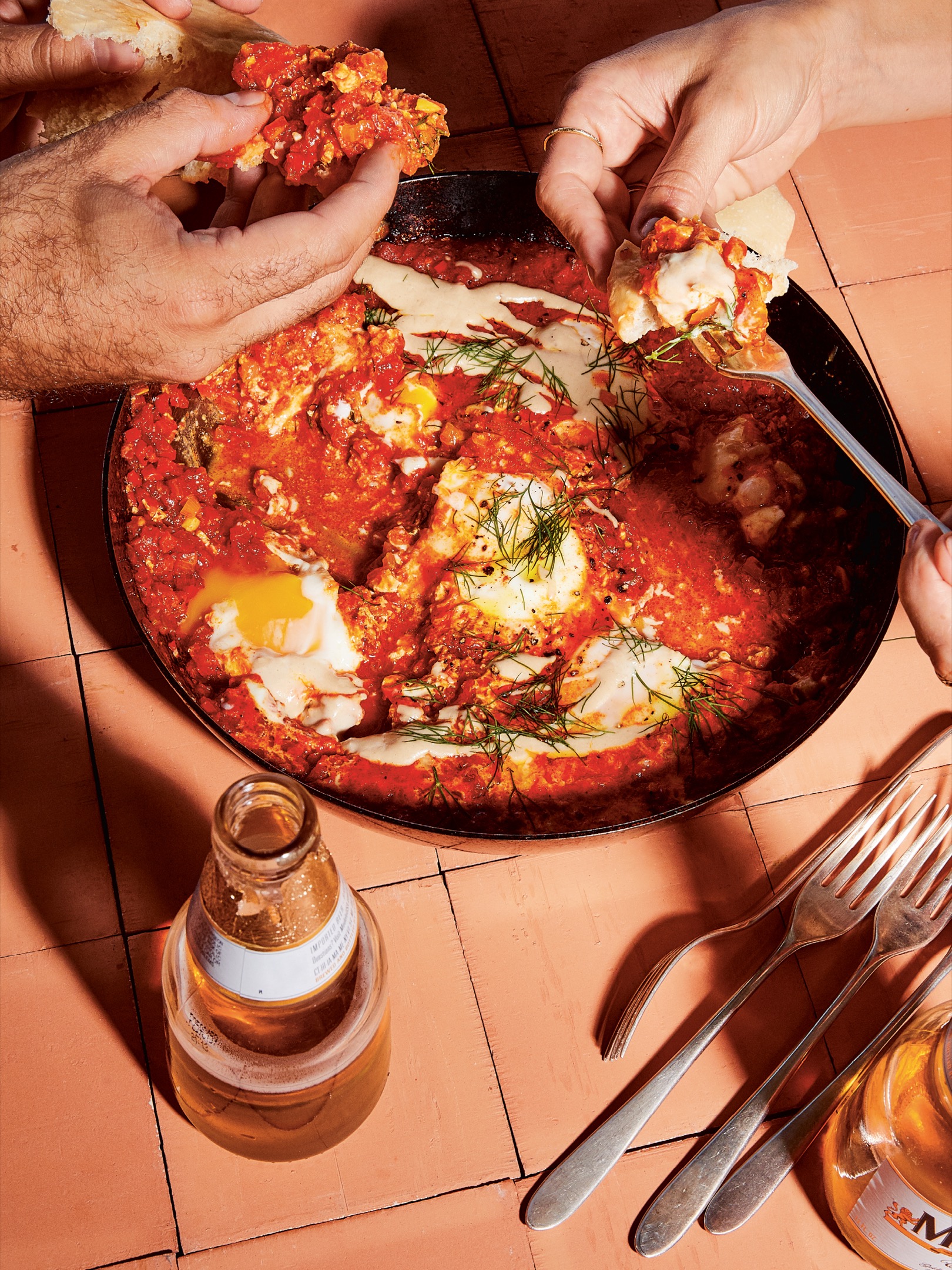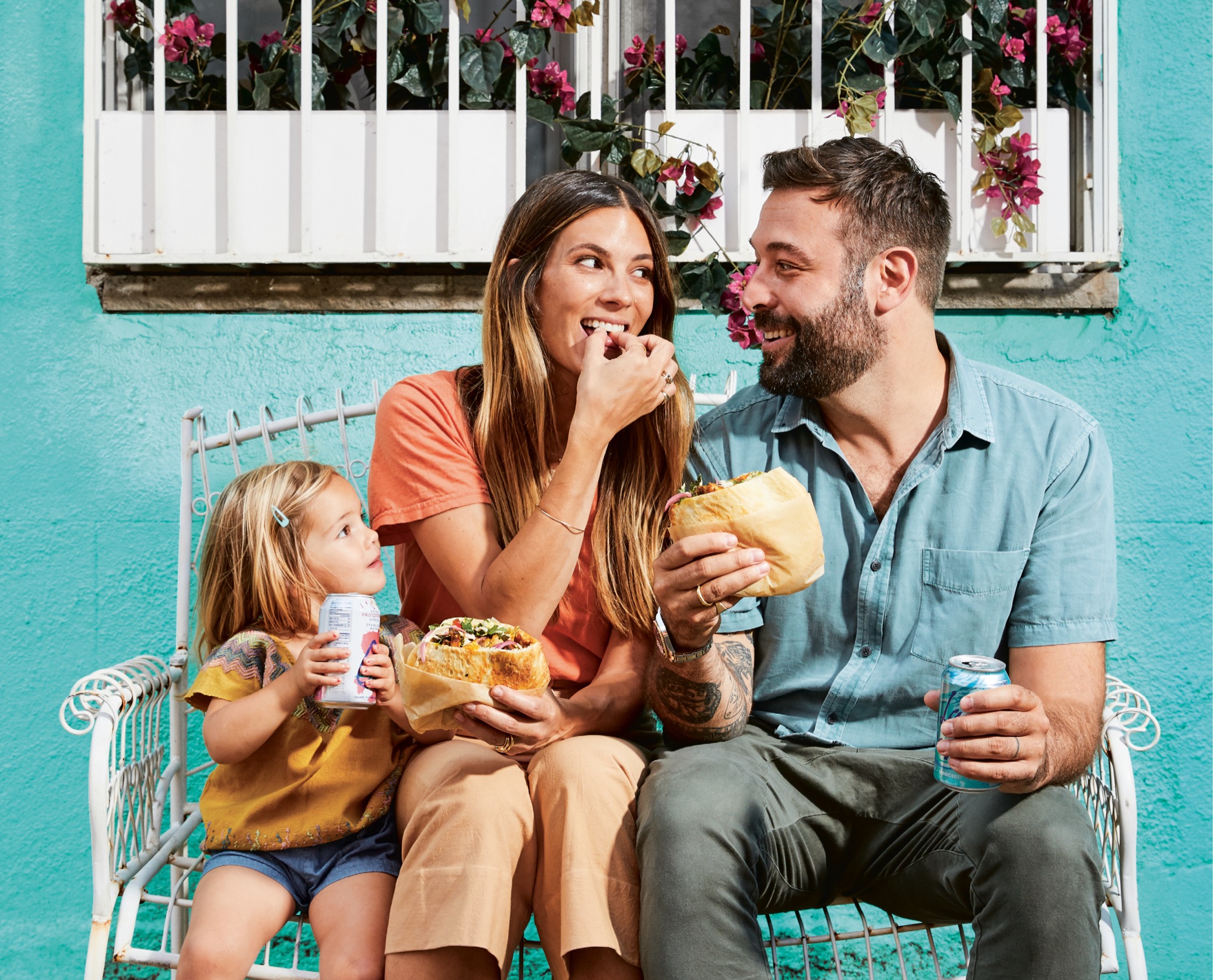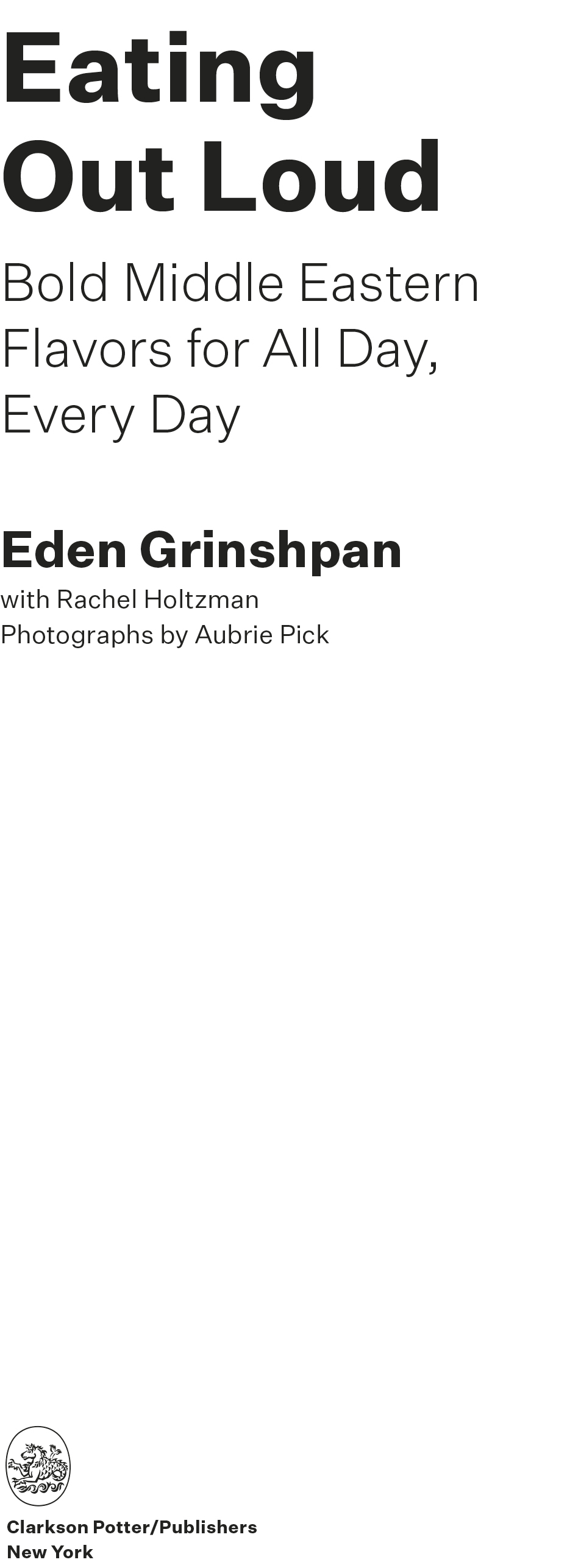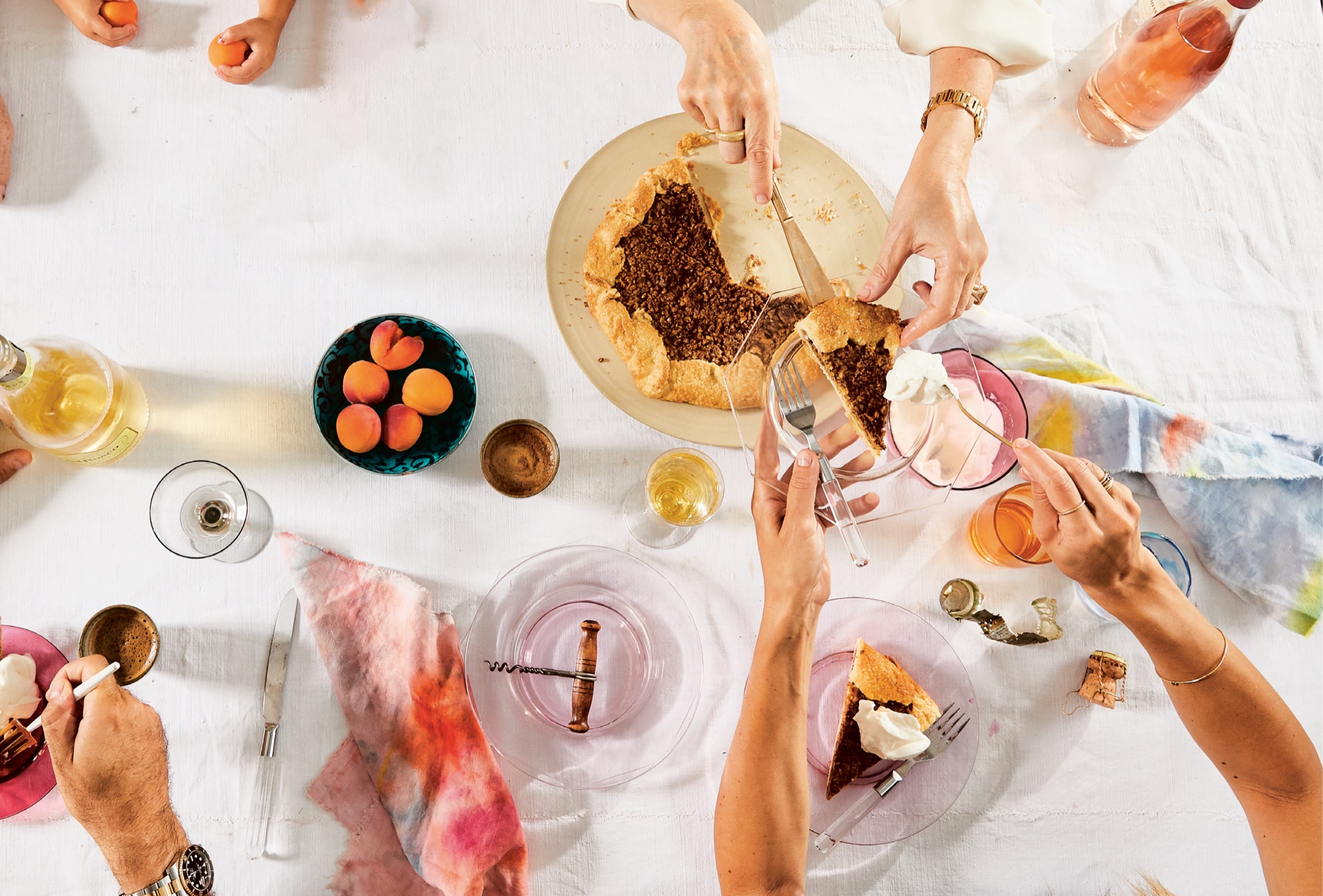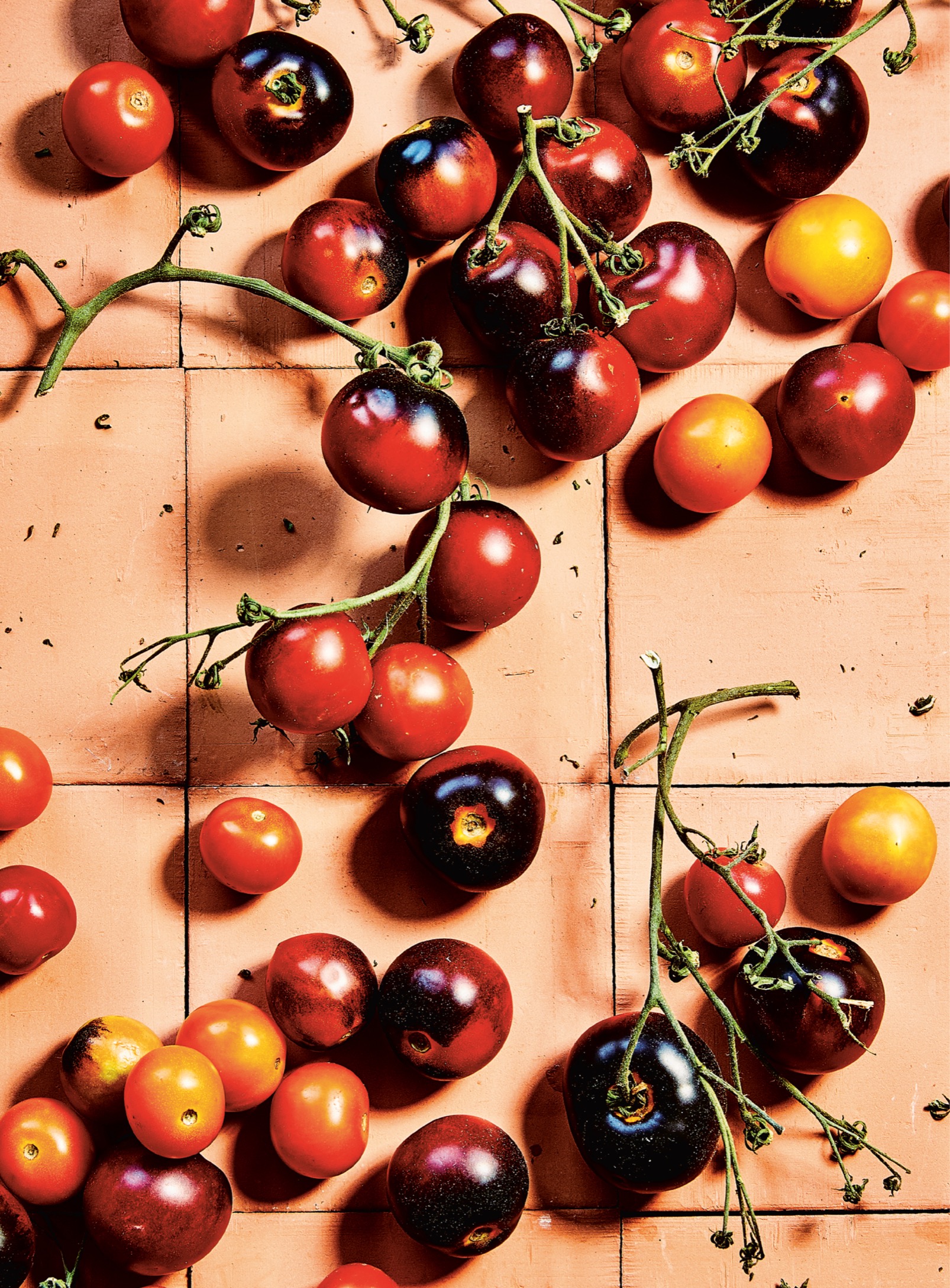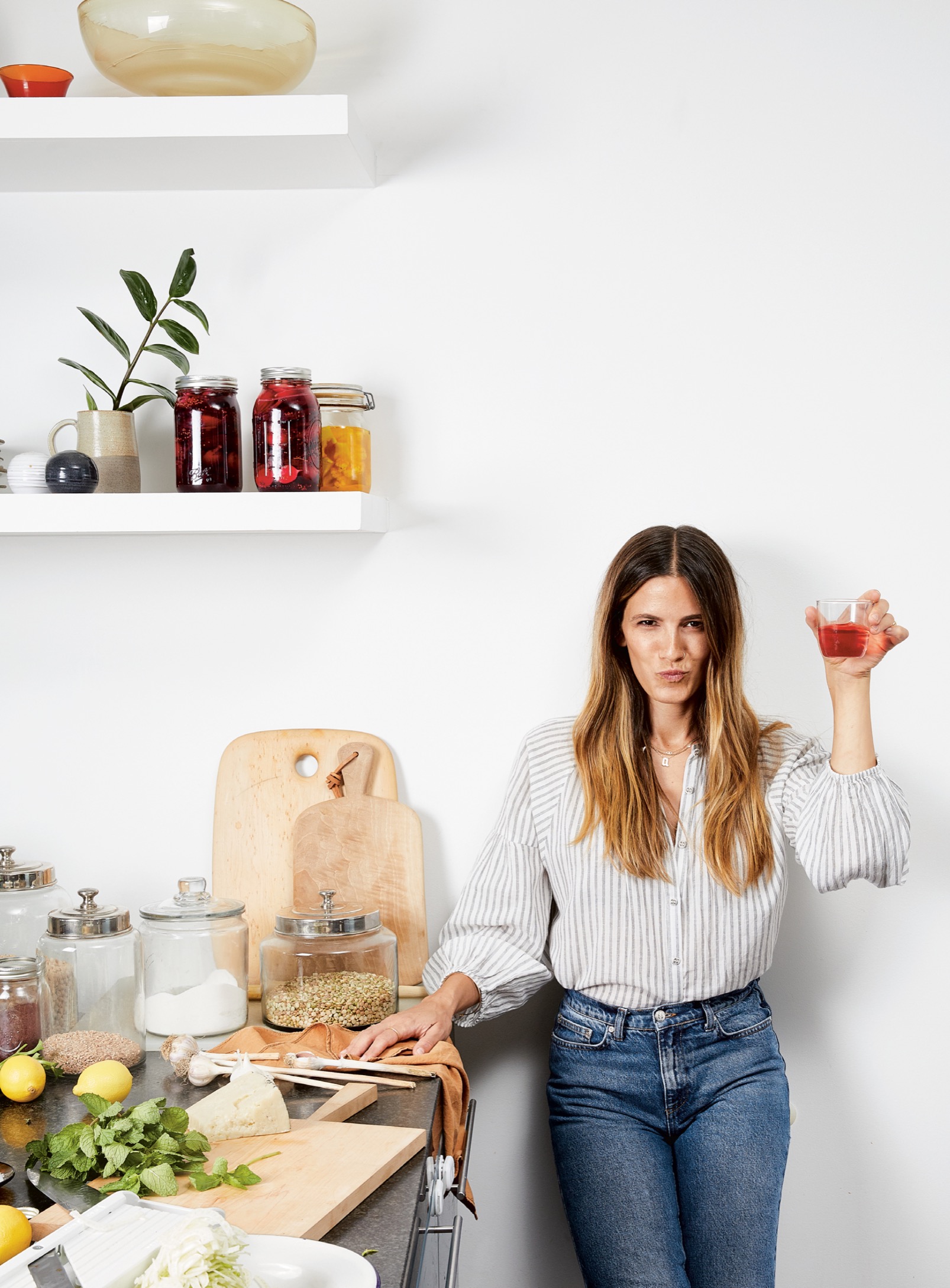All rights reserved.
Published in the United States by Clarkson Potter/Publishers, an imprint of Random House, a division of Penguin Random House LLC, New York.
CLARKSON POTTER is a trademark and POTTER with colophon is a registered trademark of Penguin Random House LLC.
Library of Congress Cataloging-in-Publication Data is available upon request.
Introduction
Growing up, I was lucky enough to eat dinner with my family almost every night.
Our ritual of sitting together never felt forced, and it was never just about sharing a meal. Everything happened at the dinner tablesinging, laughing, crying, screaming, dancingwere talking complete meshugas (crazy in Yiddish). It was a place for me and my two sisters to share our stories and to perform, whether it was impromptu Disney sing-alongs or crazy interpretive dance numbers. The three of us pushed one another to be as loud, obnoxious, and over-the-top as possible, and the kitchen table was our safe place to express ourselves.
And, of course, there was the food. In addition to being a total saint who put up with our constant nagging (Whats for dinnerrr??), my mom had a handful of dishes that she did really well, like lemon-olive roast chicken or silky vegetable soupswhole foods cooked simply. (Just reading that sentence probably made her smileHi, Mom!) Then there were the nights when my dad would pick up something really special on his way home. We lived in Toronto, one of the most multicultural cities in the world, and we had the food to prove it. My dad loved introducing us to different flavors and delicacies from around the world, bringing home things like traditional Persian flatbreads, Turkish delight, and tongue sandwiches that most families I knew werent sampling in their kitchens. For me, eating these foods and experiencing all the diverse spices and ingredients that wed be lucky to find in a run-of-the-mill grocery store (at least in 1990s Toronto) became a mission. So when I graduated from high school, I enrolled in Le Cordon Bleu in London.
It was a plan that sounded great in theoryit would be a way to learn some real skills, especially since no one I knew was looking to hire a professional lip-syncer, and I would get to cook while eating my way across Europe. But even though I fell madly in love with cooking, and at eighteen had no idea what else I was cut out to do, I knew that standing still in one place, working the same station at the same restaurant day in and day out, was not an option. All I wanted was to see the world, to chase all the flavors that my dad had introduced me to. And I wanted to share those stories! I knew firsthand how personal and connecting a meal could be, and I wanted to somehow re-create that with as many people as possible. I was always that girl getting all up in friends faces about trying new foods (You HAVE to try this!), and I got such a high off being the person who introduced them to the best babka/baba ghanoush/Bolognese.
When I called my parents to tell them that I was going to spend the next year traveling instead of getting a real job, I thought theyd freak out. They didnt. Actually, the opposite. They encouraged me to gojust like they encouraged me to go to culinary school in the first placeand suggested that I bring along a camera to film the experience. (Are they not seriously the coolest?) Fast-forward two and a half years, and I had cooked, eaten, and lived in India, Southeast Asia, and Israel, soaking up every last aromatic rice dish, spicy braised stew, vibrant vegetable curry, dumplings, noodles, and pita everything. I volunteered with local organizations, tapped in to communities and their unique stories, and learned about the food cultures that tied it all together. It turned out my parents were right about what a smart move this was for me, and about filming itI transformed that footage into a reel and ended up with dream jobs hosting shows like Eden Eats and Log On & Eat with Eden Grinshpan for Cooking Channel, and Top Chef Canada. And all that cooking experience made it possible for me to eventually open my very own restaurant, DEZ, in New York City.
But it was the last stop on my whirlwind Eat, Pray, Love tour that totally changed my life.
Im half Israeli and grew up visiting Israel every summer. But this trip was completely differenthaving just finished culinary school, it was like meeting the country for the first time. I had a better understanding of the food, how it was made, and where the ingredients came from. And I asked a lot more questions. I wanted to know everything about this crazy mishmash of flavors that drew from places in North Africa, the Middle East, the Mediterranean, and about a million years of culinary history. I had things like jachnun, a flaky, doughy Yemeni bread; sabich, pita stuffed with fried eggplant, spicy pickled mango, and Chopped Salad (the holy trinity of cucumbers, tomatoes, and fresh herbs); and baladi, a fat wild eggplant thats burnt to a crisp so the insides get custardy and smoky, then drizzled with toppings like tangy pomegranate molasses or nutty tahini. I learned that the universal cooking fat is extra-virgin olive oil (no dish is complete without a generous cascade of a bright, fruity varietal), and that theres no wrong time in the day for eggs, especially if theyre poached in a spiced tomato-pepper sauce and sopped up with pita, la shakshuka. I fell in love with zesty, bright sumac; the briny tang of sheeps milk feta; and the surprisingly tart but balanced punch that pomegranate molasses adds to richly flavored dishes. And I met my mate for life: tahini. Were talking an epic obsession. I couldnt get enough of the rich, creamy sesame paste that is essentially the Israeli mother sauce. In Israel, I found it dolloped onto roasted vegetable and fish dishes, whisked into spreads, shaken into dressings, and added to pretty much everything that hit the table, sweet or savory. Now I barely put out anything without a drizzle of the stuff, and let me tell you, just about everything is better for it. Im a firm believer in the motto If you fuck it up, put tahini on it. Id like to think if Julia Child were Israeli, she would have said the same thing.
Ultimately, I learned how to take a small collection of simple and traditional ingredients, mix and match them in new, fresh ways, and create dishes perfect for dunking, picking, dipping, dribbling, schmearing, and getting all up in with your hands. When I changed the way I cooked, I suddenly started having much more fun in the kitchen. I didnt dread the question Whats for dinner?a question that my husband, Ido (obviously an Israeli husband with a name like Idowhat can I say, I love the men as much as I love the food), and I start asking each other around 10 a.m. every single day. Best of all, I

